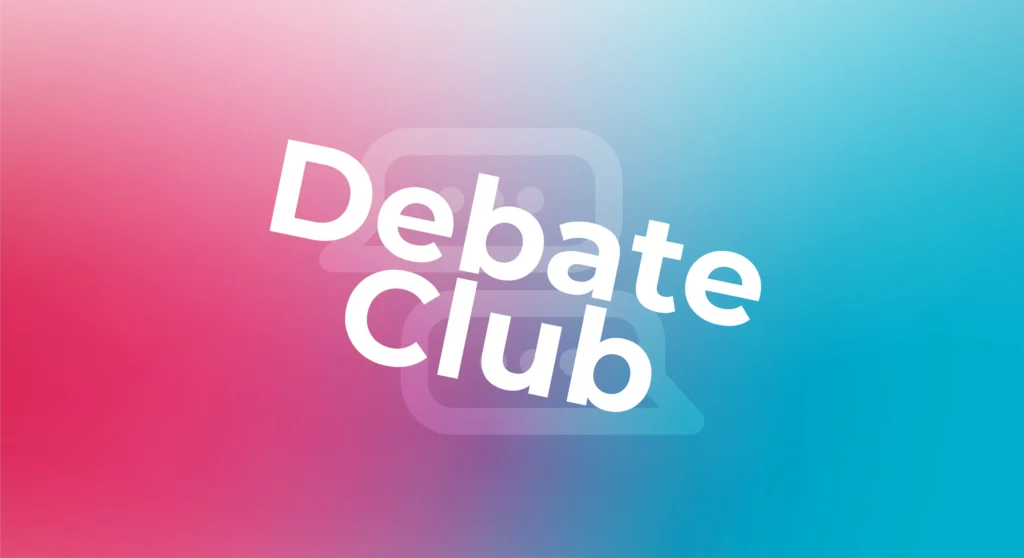Key takeaways
1. Candidate activity is rising fast as job ads remain at low levels
Applications per job ad have jumped sharply as Kiwis search for higher wages amid cost-of-living pressure. With job ads still below pre-COVID levels, TA teams are managing heavier shortlisting loads even as the overall market feels quieter.
2. Hiring conditions are showing early signs of a 2026 turnaround
The economy is beginning to lift, business investment is returning, job ads have ticked up, and most regions reported growth last month. New Zealand is shifting out of stagnation into slow but steady recovery.
3. AI is reshaping skill expectations, but NZ businesses are still early in adoption
Demand for AI-related skills has surged, especially in IT, marketing, and strategy. While only a small share of NZ jobs can be fully automated, most will see tasks change, elevating the importance of capability building and realistic early-career hiring.
Introduction
After two unsettled years for Aotearoa’s labour market, marked by rising unemployment, declining job ads, and cautious business confidence, leaders are looking for clarity to effectively plan for 2026.
To help map this out, we’ve combined our recruitment experts’ on-the-ground insights with SEEK’s latest market data from our recent webinar with Senior Economist, Blair Chapman, to unpack what the macroeconomic indicators can tell us about what to expect as we head into the new year.
New Zealand’s hiring landscape: National trends to watch for in 2026
Growth is returning after two slow years
After a soft and uneven economic period, New Zealand is finally moving back into growth. GDP is expected to return to pre-COVID norms, supported by stabilising inflation, easing mortgage pressures, and a lift in discretionary spending. This momentum will feed into employment over the next 6-12 months, setting the stage for stronger hiring conditions.
Inflation is easing and business confidence is improving
The RBNZ’s single focus on inflation has paid off: prices are stabilising, mortgage rates have eased, and wage pressures are cooling. With labour costs returning to normal levels, businesses are becoming less hesitant to hire, reversing the uncertainty seen over the past two years.
Job ads remain low, but early signs point to a turning market
New Zealand experienced a much sharper drop in job ads than Australia, but the tide is shifting. Most regions reported job ad growth last month, and ads are beginning to climb across key industries. While this is still below pre-COVID levels, this uptick signals that hiring demand is starting to return.
Surging applications per job ad, driven by local and offshore talent
Applications per ad have risen significantly, but the increase isn’t coming from Kiwis alone. TA teams are seeing a substantial volume of offshore candidates applying for New Zealand roles, adding to already larger shortlists. As a result, hiring teams are processing heavier pipelines even as overall hiring activity remains modest.
Wage growth is easing, reducing hiring hesitation
Wage growth has fallen back to around 2%, and as labour costs stabilise, employers are becoming more confident about adding headcount and planning. With candidates still sensitive to pay, salary benchmarking remains essential while businesses do have more breathing room than they did at the peak of wage inflation.
Consumer spending is lifting again
New Zealand households are beginning to open their wallets, with discretionary spending recovering. This is a positive signal for industries that tend to hire ahead of broader economic recovery, like retail, hospitality, tourism, and logistics.
AI is reshaping skill demand, but NZ adoption is still early-stage
References to AI skills in NZ job ads have surged, particularly in IT, marketing, and consulting. While only a small share of roles can be fully automated, most will see task-level change. Employers are beginning to redesign roles around augmented workflows, but many still lack the internal capability to define what “AI readiness” looks like. With this shift, structured early-career pathways and realistic skill expectations will matter more than ever.
Regional breakdown: Where hiring conditions are shifting most
National snapshot
New Zealand’s labour market recovery is uneven, and the pace varies significantly by region. After a year of rising unemployment and falling job ads, most regions have now recorded an uptick in hiring activity, signalling the early stages of a national turnaround. Employment movements have been mixed, with some areas stabilising while others continue to soften, and the impact of the downturn hasn’t been felt equally across the North and South Islands.
A few regional patterns to note:
- Canterbury/Christchurch: Employment has edged down, but job ad growth suggests recovery is underway.
- Southland & Otago: Both trending towards stabilisation, though not yet fully recovered.
- Central North Island: Some regions such as Taupō saw unemployment ticking down, showing surprising resilience.
- Taranaki: A regional outlier not showing recent job ad growth.
Against this backdrop, Auckland and Wellington sit at the centre of this shift, each with its own drivers: Auckland shaped by broader economic softness and cost pressures, and Wellington shaped by public sector contraction and policy-related hiring freezes. Other regions such as Canterbury, Central North Island, and parts of the South Island are also beginning to show signs of lift, while a handful like Taranaki remain slower to recover.
With this national picture in mind, here’s what employers need to know about the two markets where we see the strongest shifts and the greatest implications for hiring in 2026.
Tāmaki Makaurau / Auckland
Auckland has experienced the sharpest rise in unemployment and one of the biggest drops in employment over the past year. Job ads fell significantly from their post-COVID highs, and hiring demand has been subdued across professional services, construction, retail, and public-facing sectors.
But the turning point is beginning. Early indicators such as a lift in job ads and a gradual return of discretionary spending all point to stabilisation. As mortgage pressures ease and business investment improves, demand for talent is expected to slowly rebuild.
As Kara Smith, New Zealand Country Manager, puts it:
“Auckland has taken some of the biggest hits this past year, but it’s also where we’re now seeing the earliest signs of recovery. Job ads are lifting, spending is picking up, and more movement from employers. With Auckland driving approximately 38% of the country’s GDP, New Zealand as a whole will also benefit.”
For 2026, expect a steady, early-stage recovery with stronger demand in IT, logistics, consumer services, construction and professional roles once activity picks up.
Te Whanganui-a-Tara / Wellington
Wellington’s labour market has been shaped heavily by public sector contraction. Government pullbacks have driven job losses, increased unemployment, and reduced hiring appetite across many adjacent industries.
Even so, Wellington recorded employment growth over the past year. As public sector hiring stabilises and business confidence improves, the private sector is expected to lead the next phase of demand. Candidates remain active and competition for secure roles is high.
In the new year, there will be a cautious rebound driven by consulting, IT, policy-adjacent roles and private sector expansion as government hiring levels out.
Nik King-Turner, Managing Director at Talent Wellington, adds:
“New Zealand absorbed the economic shock of COVID earlier and more sharply than Australia. The view is now that Australia may soon experience some of the same pressures we’ve already worked through, and that could slow the flow of Kiwi talent heading offshore. If that happens, Wellington employers could benefit from greater talent stability at a time when public sector hiring is beginning to level out.”
What employers should prioritise in 2026
With hiring conditions beginning to turn, employers should be preparing now for a more competitive and fast-moving 2026.
Rebuild hiring confidence and capability
As growth returns and job ads lift, competition for talent will increase again, especially in IT, professional services, logistics, construction and health.
Manage surging application volumes
High application numbers mean more administrative pressure on internal TA teams. Streamlined screening, clear criteria, and fast communication will be essential to avoid losing quality candidates.
Refresh early-career pipelines
AI-related roles are evolving quickly, and demand is outpacing supply. Cutting junior pathways only widens the capability gap, and businesses need structured graduate and early-career programs to build future-ready teams and long-term sustainability.
Upskill for AI-enabled roles
Most NZ jobs won’t be automated, but many will be augmented. Employers should focus on practical AI tools, workflow redesign, and building comfort and familiarity with new technologies across teams.
Be realistic about salary dynamics
While wage pressures have eased, candidates remain salary-driven due to cost-of-living pressures. Competitive benchmarking and transparent ranges will help secure talent without inflating budgets.
Plan regionally
New Zealand regions are recovering at differing paces. Tailor hiring strategies, salary positioning, and timelines to local market conditions.
Moving forward
After a challenging few years, New Zealand’s labour market is finally shifting back toward growth. The recovery will be gradual, but the direction is clear. With rising candidate activity, early job ad growth, and easing wage and inflation pressures, 2026 is shaping up to be a more positive year for both employers and jobseekers.
As you plan your workforce strategy, having a clear view of market movement and salary expectations will be essential. Our online More than Money Salary Guide offers searchable rates and salaries to support confident, data-driven hiring decisions across Auckland, Wellington, and beyond.












